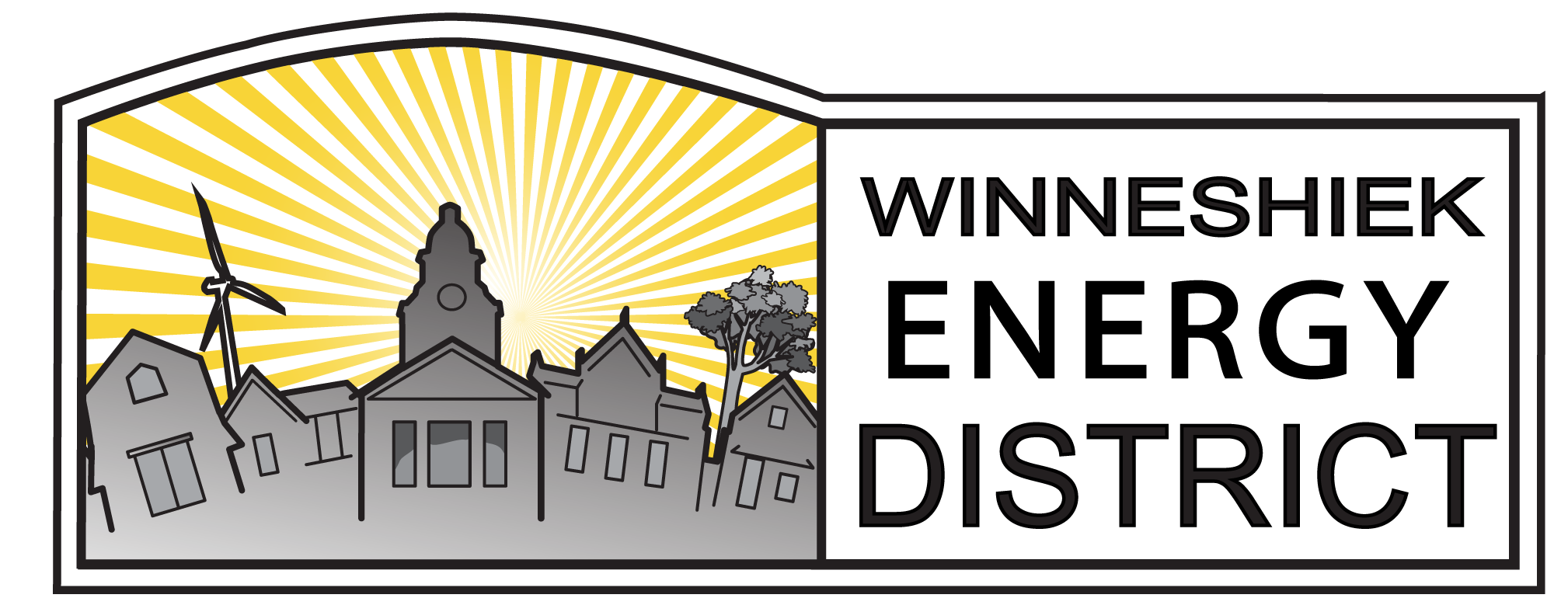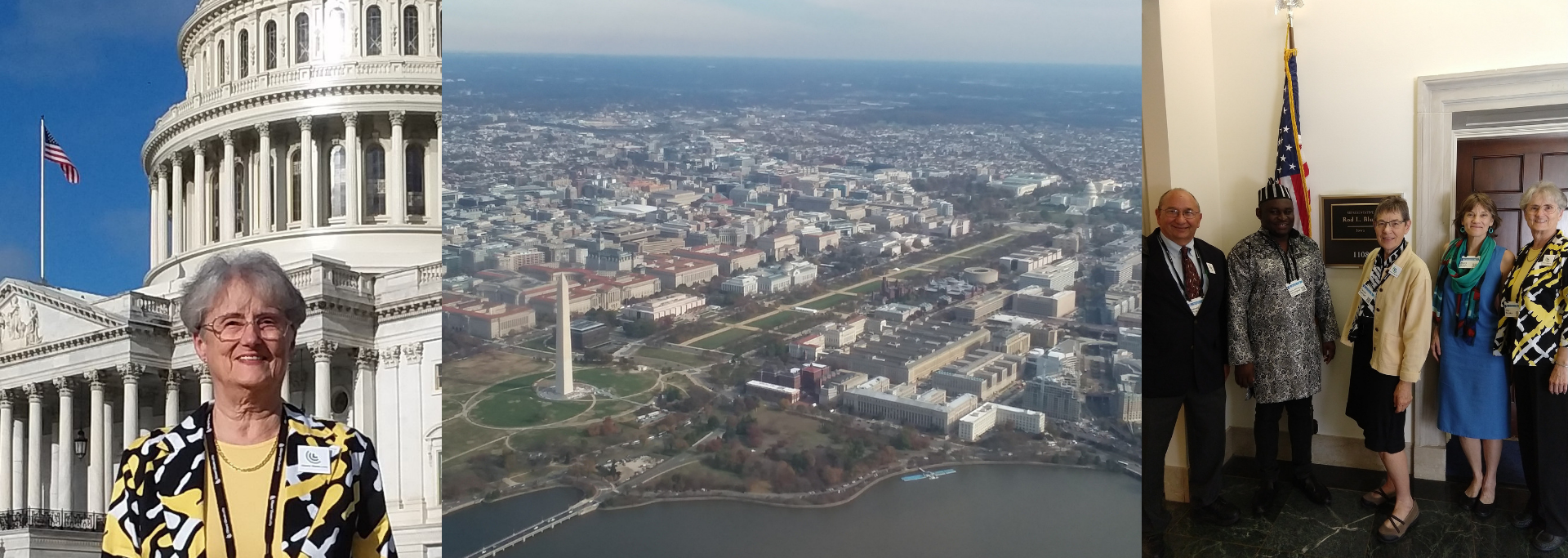Boots on the Ground: Citizen’s Climate Lobby
Amy Bouska, Howard County Energy District, Citizen’s Climate Lobby
It’s only half a mile between the Hart Senate Office Building and the Longworth House Office Building, but when you add in a security check and getting lost in the labyrinthine buildings on both ends, it takes 15-20 minutes of fast walking each way. Of course, my appointments in November were House, Senate, House, Senate. I think of it as the Citizens’ Climate Lobby exercise program.
Citizens’ Climate Lobby (CCL) is an organization dedicated to persuading Congress to take bipartisan action to enact a carbon fee and dividend (CFD) program. Twice a year, in June and November, it tries to visit every Congressional office — all 535 of them — although sometimes scheduling conflicts means that it is impossible. In June 2018, CCL supporters talked with either an elected representative or a staffer in 507 offices. The numbers weren’t available for November when I left, but we were on the Hill on the first day Congress was back in session after the election. CCL has been doing this for ten years, now with more than 1200 people participating in the June 2018 Lobby Day. It was hard to find a place to sit for lunch in the Longworth cafeteria because the CCLers had all of the chairs.
CCL has exactly one request of Congress: Enact a carbon fee and dividend law (CFD). This would impose a fee on carbon at the point where it enters the economy, i.e., where the coal, oil or gas leaves the well or mine. The fee would increase annually in order to gradually but inexorably incentivize change to less carbon-intensive alternatives. There would be a border carbon adjustment for carbon-intensive goods involved in trade with countries without a carbon fee.
The monies collected from the carbon fee would all be rebated monthly to households, minus only the small increase in costs incurred by the Social Security Administration (or another federal agency handling the distribution). Studies indicate that in the lowest three income quintiles, almost every household would gain under the carbon fee and dividend. That is, their increased costs for gasoline, heating oil, etc. would be more than offset by the carbon dividend. In the fourth quintile, approximately half would gain and half would lose, while the net costs of the highest quintile would generally increase.
Because the CFD would increase the money available to low-income families, who would spend it in their communities, economists estimate that by 2025 a CFD program would create an additional 2.1 million jobs relative to the baseline economy. Interestingly, “healthcare and social assistance” would be the category with the greatest increase.
How does CCL intend to get to a CFD? It is relentlessly bipartisan, optimistic, professional, respectful and relationship-driven. Before joining a lobby team, a volunteer must complete Climate Advocate Training, in order to understand both CFD and CCL’s approach: listen, don’t argue, ask if they’re interested before leaving any materials, always say thank you, etc. Through its 487 chapters (mostly, but not exclusively, in the US), members spread the CFD word, giving talks, writing letters to the editor, staffing tables at community events, and engaging in grassroots democracy by keeping in contact with their elected representatives on a regular basis. (Aside: The closest active CCL chapters are in LaCrosse and Mason City, with chapters in development at UNI and in Rochester.)
What have I learned from going to two CCL lobby days? The DC Metro system is fantastic. The cafeteria food in the Senate and House office buildings is quite good. Senator Grassley is very engaging. The Congressional offices really are open to hearing from and meeting with their constituents, even if they clearly don’t agree with your “ask”.
But, personally, my main takeaway from those two days is this: Climate change is not an important issue for Iowa’s Congressional delegation, and it won’t be until they regularly hear from more constituents who are concerned. Groups like WED are making a big difference on the local level, and they are very important. But if we want to see climate action at the federal level, hope and local action are not enough … we have to make our voices heard there.
Not everyone has the means and the time to go to Washington once or twice a year, and no one should feel bad about that. But everyone has a phone. YOU have a phone, right? Call now.
Senator Grassley: 202-224-3744
Senator Ernst: 202-224-3254
Rep. Finkenauer: 515-281-3221

